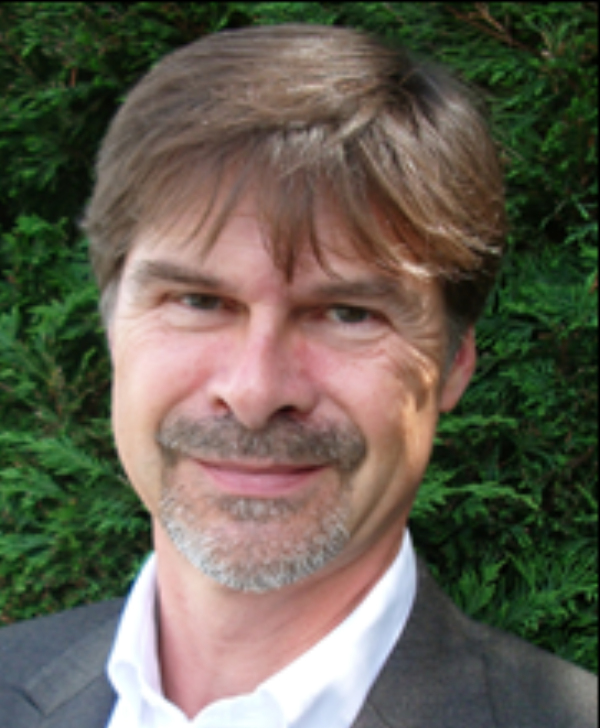
A seminar by Dr Robert Smith, UN High Commission for Refugees, Geneva
The New York Declaration for Refugees and Migrants by the UN General Assembly in 2016 promised to universalize some new approaches to refugee protection, assistance and solutions. Of these, a central proposition is that refugees’ needs should be met through national systems in the refugee-hosting country as much as possible, rather than aid agencies like UNHCR setting up parallel separate systems only for refugees (for example health or education). Donors and aid actors—both developmental and humanitarian—should reinforce the national systems as needed to extend coverage to refugees and attain the necessary quality.
This approach had a certain track record before the New York Declaration—enough, anyway, to convince the UN member states to endorse it. Application of the approach is now purposively accelerating, with a dozen countries rolling out their national versions of the ‘comprehensive refugee response framework’ (as the New York Declaration calls it) including the national-systems approach, with intensive UNHCR support. Not all is smooth sailing, including on the political level: some refugee-hosting countries fear that the approach implies that they will have to pay more for refugee care and maintenance from their middle- or lower-income national budgets, or that development aid will be re-purposed or otherwise distorted. All the more need then for solid real-time evidence and learning about how to achieve effectiveness, efficiency and perhaps economies of scale in routing refugee assistance through national systems in ways that also benefit host communities. Health is a good sector to focus on, with its array of well-established indicators, cost-benefit analysis, and measurement capacity built into most systems. Evidence on this approach for refugees also promises to generate insights on how best to handle broader populations of people affected by protracted crises—which is one of the main issues that has bedevilled the humanitarian community in recent years.
What is the state of evidence on how this paradigm is working out in practice in the refugee health sector, what is the likely trajectory of this approach, and how can researchers and public health or medical practitioners engage?
Biography:
Dr. Robert Smith works on resilience and solutions for forcibly displaced people in the UN High Commission for Refugees. In previous positions with the UN Office for the Coordination of Humanitarian Affairs, he headed work on global strategic partnerships with Member States and other humanitarian actors, in order to foster better, more effective and more inclusive humanitarian action, and also had a leading role in the World Humanitarian Summit Secretariat and as chief of the OCHA section that coordinated strategic humanitarian response plans and monitoring for the major humanitarian crises. Before joining the UN, he worked with Oxfam, CARE, IRC, WaterAid and other NGOs in emergencies and development for 10 years, mostly in Africa (DR Congo, Mali, Mozambique, Zambia, Congo-Brazzaville and Angola, plus Brazil). Dr Smith completed a Ph.D. in Development Studies at the University of London, with original research on land tenure issues, and has published three peer-reviewed articles in top social-science journals. Current research interests include social capital in displaced communities and in humanitarian-crises settings, and innovative solutions to land use conflicts. He comes originally from Boston, USA.
This seminar will be live-streamed via: http://bit.ly/LSTM-Sem-DrRS
A recording will be made available on the LSTM website the following day